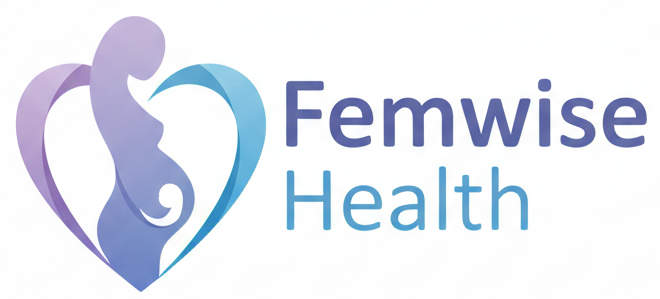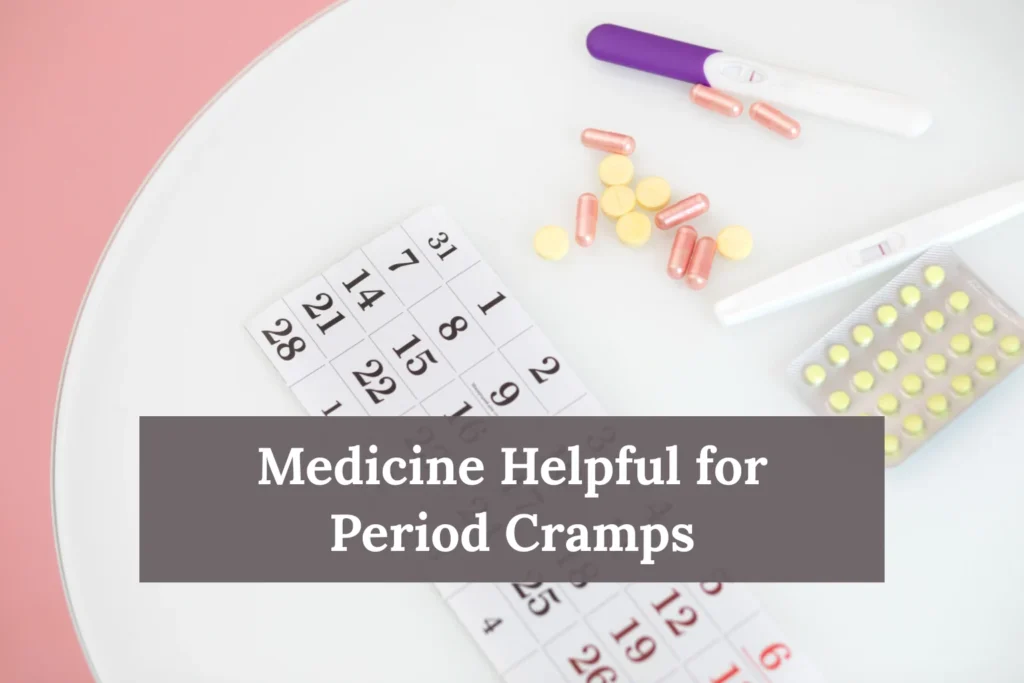Introduction:
Menstrual cycles are also called periods in general. These are the days that can be annoying for women who experience severe period cramps. During the menstrual cycle, some women face a lot of trouble because of pain in the lower abdomen and are generally advised by society to be tough, as every woman has to go through this. But that’s not the case. If you are feeling pain during menses and it’s affecting your routine life (you are not able to do your normal daily work), then you can reach out to your healthcare provider and look for medicine helpful for period cramps. Here are a few groups of medicines discussed that can be helpful for you.
What this blog contains:
If you are suffering from period cramps or dysmenorrhea every month, then this blog can be helpful for you, as many over-the-counter medicines helpful for period cramps are discussed here.
NSAIDs: Effective Medicines for Period Cramps
It stands for Non-Steroidal Anti-Inflammatory Drugs. These groups of drugs are used for pain relief, fever, cramp relief, inflammation, etc.
In this blog, we are mainly discussing these groups of drugs, as they help in relieving period cramps.
Mechanism of NSAIDs:
There are two types of enzymes found in the human body, which are:
• COX-1
• COX-2
These two enzymes help in the formation of prostaglandins (local hormones) from arachidonic acid. COX-1 is usually always present and widely distributed; it participates in physiological functions like gastric mucosa protection, homeostasis, and regulation of cell division. COX-2 is usually induced during inflammation by cytokines and endotoxins.
NSAIDs inhibit both COX-1 and COX-2 enzymes, thereby decreasing the production of prostaglandins, which ultimately reduces period cramps.
Different effects of NSAIDs:
- Analgesic: Helps in relieving dysmenorrhea and pain associated with inflammation or tissue damage.
- Antipyretic: NSAIDs help in resetting the hypothalamic thermostat and reducing elevated temperature during fever, but they don’t affect normal body temperature.
- Anti-inflammatory: This effect is seen at high doses. NSAIDs reduce the signs and symptoms of inflammation.
- Antiplatelet: At low doses, aspirin inhibits the formation of thromboxane.
Uses of NSAIDs:
• Pain relief
• Osteoarthritis
• Rheumatoid arthritis
• Acute rheumatic fever
• Thromboembolic disorders
• Colon and rectal cancer
• Low-dose aspirin is helpful in pre-eclampsia
• Helps control radiation-induced diarrhea
List of NSAID drugs:
- Ibuprofen:
Route: Oral or topical gel
Other properties:
• Moderate anti-inflammatory effect
• Better tolerated than aspirin - Diclofenac:
Route: Oral
Other properties:
• Potent anti-inflammatory effect
• Gets concentrated in synovial fluid, hence can be used for joint pain - Indomethacin:
Route: Oral
Other properties:
• Potent anti-inflammatory effect
• Very effective in ankylosing spondylitis
• Contraindicated in epileptic and psychiatric patients - Ketorolac:
Route: Oral, intramuscular injection, intravenous injection
Other properties:
• Potent analgesic effect
• Relieves pain without causing respiratory depression, hypotension, or drug dependence - Mefenamic acid:
Route: Oral
Other properties:
• Analgesic, antipyretic, and weak anti-inflammatory effect
• Used in dysmenorrhea, osteoarthritis, and rheumatoid arthritis - Naproxen:
Route: Oral
Other properties:
• Long-acting
• Better tolerated
Hormonal Contraceptive Pills:
This class of drugs helps to reduce period cramps. These drugs work by suppressing ovulation and, therefore, reducing menstrual flow.
Mechanism of Hormonal Contraceptive Pills:
These drugs regulate the level of female hormones, thereby reducing the proliferation of the endometrial lining and lowering prostaglandin levels. This class of drugs is also helpful in secondary dysmenorrhea.
Examples:
• Combined oral contraceptive pills
• Progestin-only pills
Antispasmodic Drugs:
These drugs can also be helpful for bad period cramps. They are muscle relaxants and therefore relieve the pain that occurs during periods.
Mechanism of these drugs:
They relax the uterine muscles, reducing uterine contractions and helping to decrease pain during menses.
Examples:
• Drotaverine
• Hyoscine
• Butylbromide
Other drugs that can be helpful in dysmenorrhea include tranexamic acid, magnesium supplements, Vitamin B1, etc.
Note: All the above-mentioned drugs should be taken under a doctor’s prescription.


